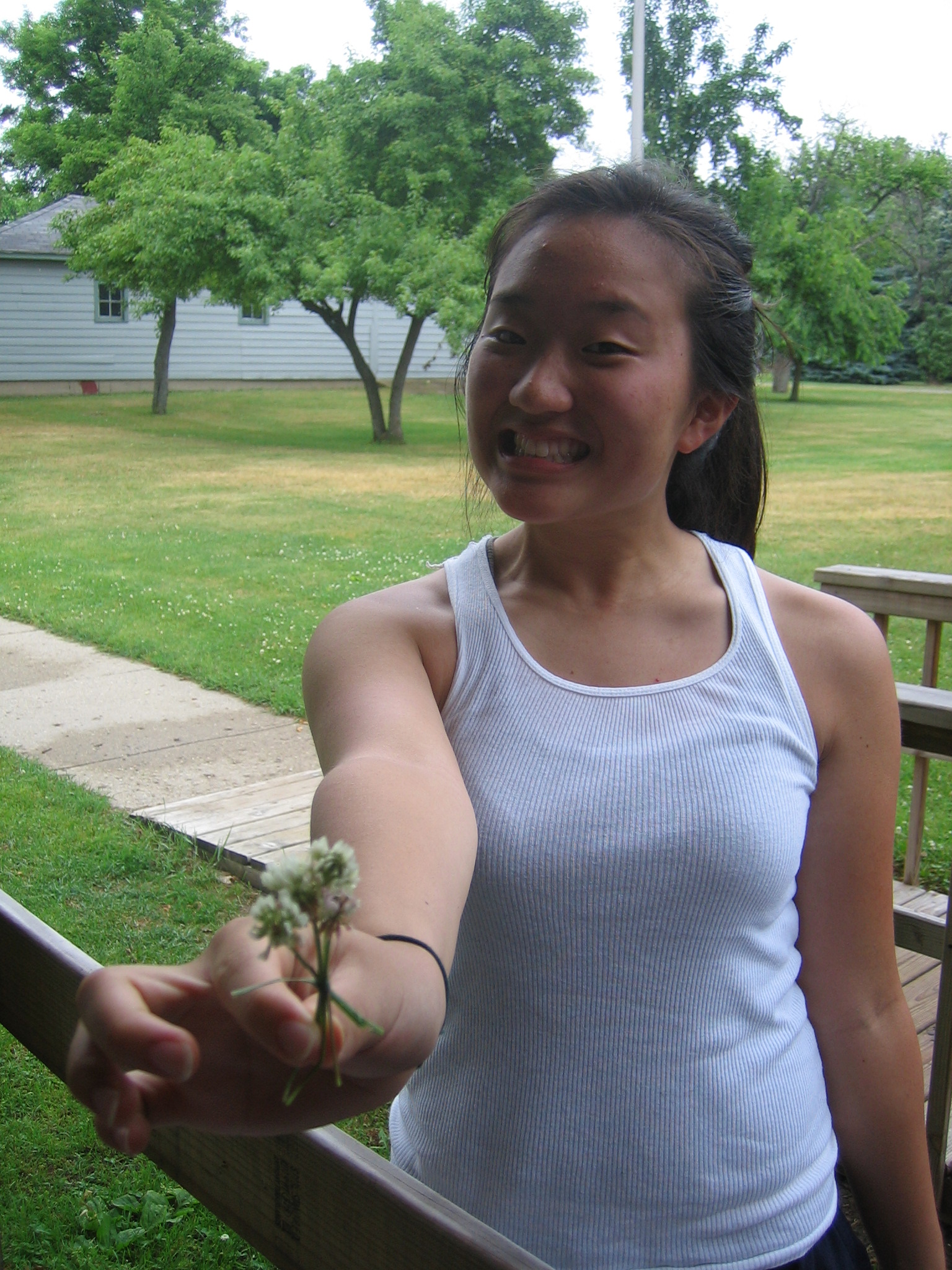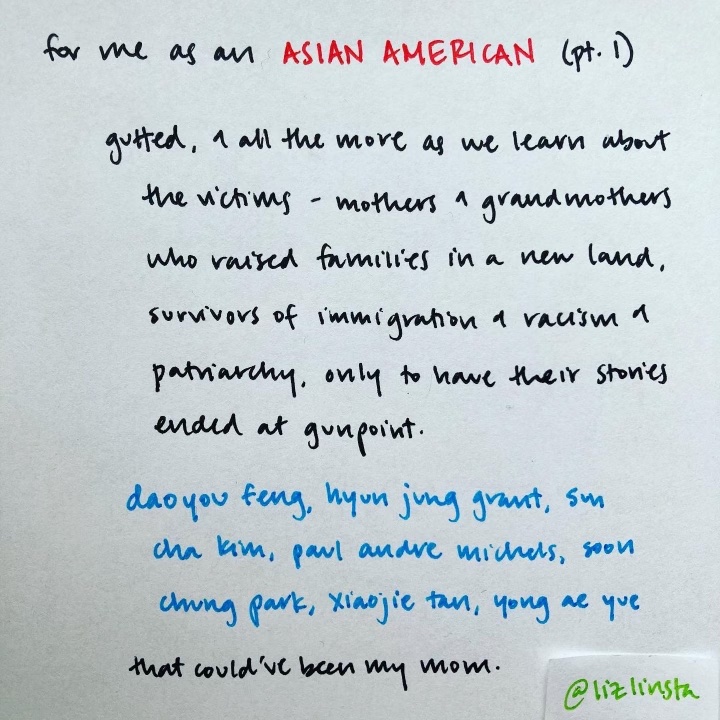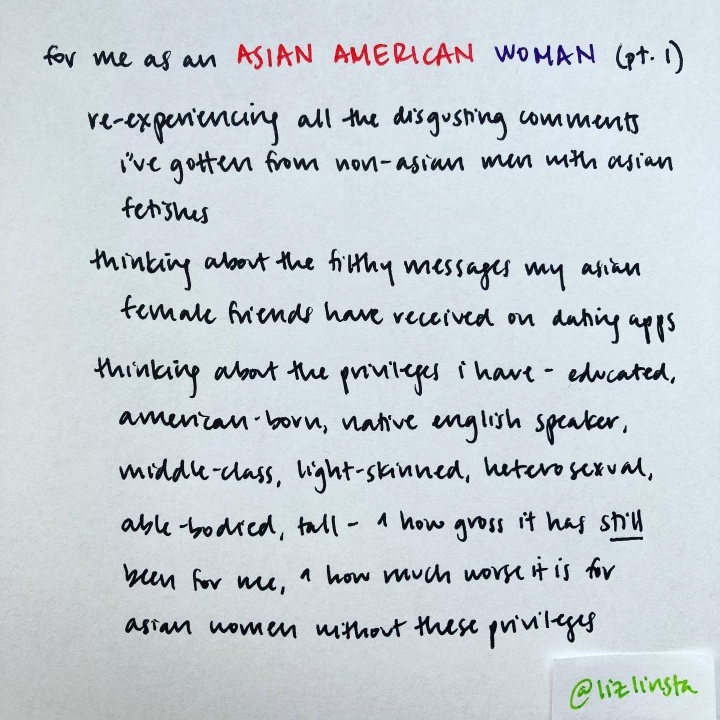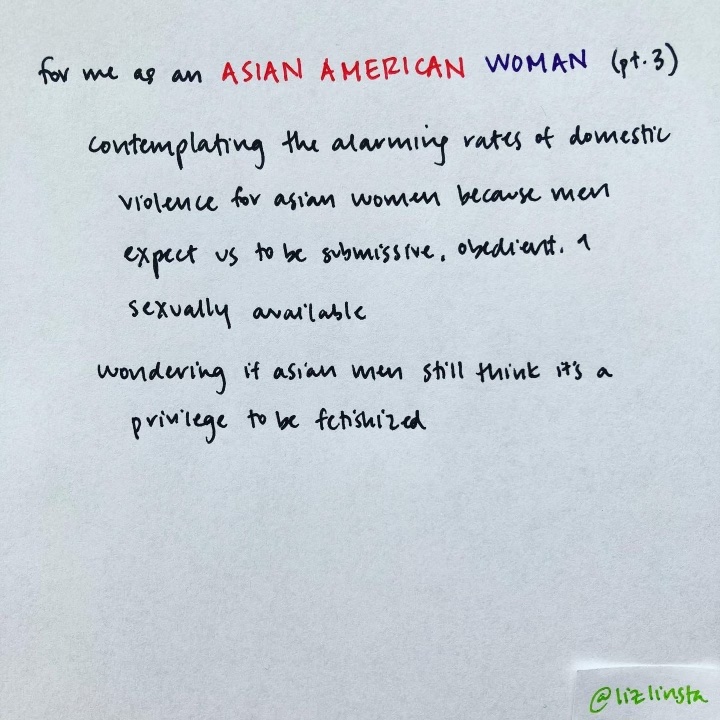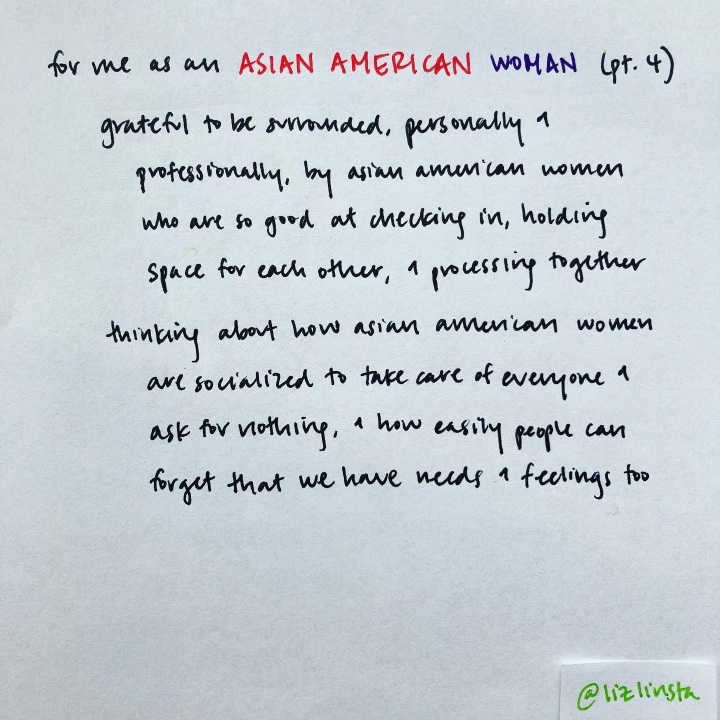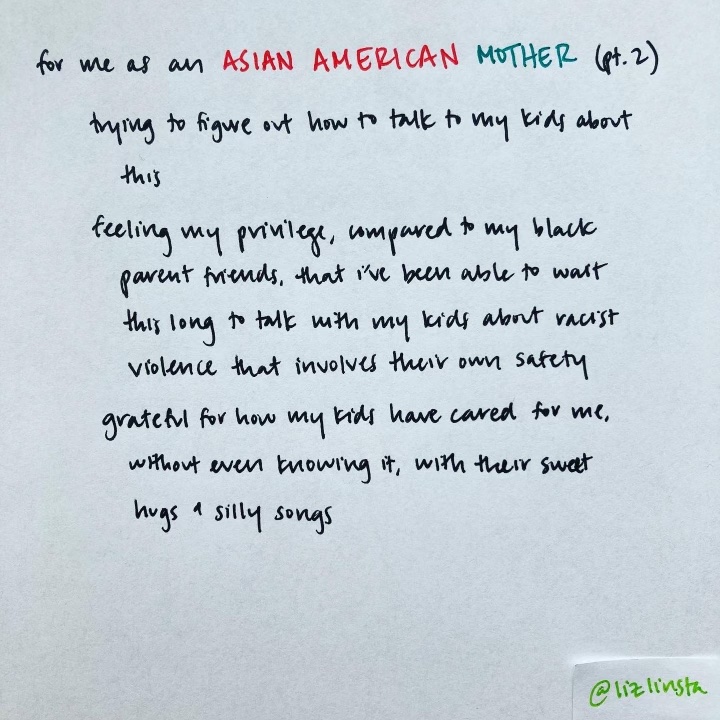This piece originally appeared on The Salt Collective, a now-defunct online magazine about culture, faith, and politics.
Danny Lavery is the son of John Ortberg, the influential Christian writer and senior pastor of Menlo Church, an evangelical megachurch in Silicon Valley. Last week, Lavery made a startling report: His 30-year-old brother, a student ministries volunteer at Menlo, disclosed to Ortberg and his wife two years ago that he was sexually attracted to children. Ortberg not only allowed him to continue to serve with youth, he also supported his son’s decision to do this as a way of “treating” this attraction. His son did not step down from serving with youth, both at the church and elsewhere, until he told Lavery about his attraction in November and Lavery insisted. Lavery then alerted Menlo leadership about the situation, as well as his parents’ collusion. Menlo conducted an internal investigation, in which they did not interview Ortberg’s son, any students, or any parents, and found no wrongdoing on Ortberg’s part.
This troubling story has countless layers, most of which have been thoughtfully explored by people closer to the situation. Religion News Service published a thoroughly reported piece. Detailed timelines of the allegations and the church’s responses are available online. Danny and his wife Grace have been active on Twitter, detailing their experiences of attempting to address this situation with the Ortbergs, from whom they are now estranged, and the church. Megan Goodwin, who studies sexual abuse in American religious communities, wrote a thoughtful piece on the Sojourners website.
As someone who has some relevant experiences that I have not yet seen represented in the conversation, I want to draw attention to what’s happening at Menlo and offer a few thoughts.
As someone who, like Ortberg, earned a PhD in clinical psychology from Fuller Theological Seminary, I am completely dumbfounded by his response to his son’s disclosure. Fuller’s clinical psychology PhD program is fully accredited by the American Psychological Association; it is not a program that teaches pseudoscience or prescribes prayer and Bible verses as therapeutic interventions. Furthermore, clinical psychology is a discipline that so highly values the safety of children that reporting child abuse is one of the very few reasons why it is legally permissible to breach confidentiality. Given Ortberg’s training, the notion that he could see spending time with children as a safe and effective way of managing pedophilia is incomprehensible. I might understand this response from an evangelical pastor who was skeptical of science or had no fluency in psychology or psychological disorders. Ortberg, however, has no excuse.
As someone who went from Fuller to a position in student ministries at an evangelical megachurch similar to Ortberg’s – so similar that a number of interns from my time there went on to permanent positions at Menlo – I am, again, dumbfounded. I have spent the last week putting myself back at that church, trying to imagine a scenario in which a volunteer disclosed to me (or anyone else on staff) a sexual attraction to children and was not immediately relieved of their role and connected with a specialized therapist. I have come up empty, as have all the former coworkers with whom I’ve discussed this situation.
*
Here’s the thing about student ministry: The only currency you have is trust. The trust of the students, certainly. But equally important – if not more – is the trust of the parents, who dictate whether or not you get to spend time with their children. No one is required to let their kids spend time with you. It’s not school. Their kid isn’t destined for hell if they don’t go to your overnight camp. It is the job of the church to do not just the bare minimum to maintain that trust, but to go above and beyond to protect it – which means full transparency and full disclosure, so parents aren’t left wondering what you aren’t telling them. Because if that happens, your currency is gone.
After its internal investigation, Menlo told the congregation at a town hall meeting – which was convened for another reason entirely – about the volunteer’s disclosure and departure from student ministries. After completing a “restoration plan” with the goal of regaining trust with the church, the details of which are unknown, Ortberg apologized to the congregation for his poor judgment. But a restoration plan to regain trust is of little use when the congregation was told that Ortberg made a single poor decision – failing to notify church leadership about a disclosure from a volunteer about a sexual attraction to children. The church’s recent statement on the matter, as well as Ortberg’s apology this week, similarly suggest that this was a one-time mistake. But in reality, Ortberg was regularly confronted with the reality of his son working with students, both at Menlo and elsewhere, over the course of 16 months. Ortberg is not responsible for one poor decision; he is responsible for 16 months of consciously allowing this danger. And he would have continued had Lavery not brought it to light. This is not a single oversight or lapse in judgment – this is a lapse in judgment that lasted more than a year, resulted in children being exposed to danger for that entire time (16 months of camps, retreats, missions trips, and one-on-ones), and stopped only when someone else took action. I am troubled by the vast discrepancy between this reality and what Ortberg and Menlo have owned up to and communicated to the congregation.
*
Another thought from a student ministry perspective: Menlo has also been quick to state that every staff member and volunteer undergoes a background check, which should absolutely be the case. But background checks reveal only criminal histories — incidents that were reported to authorities and where the individual was found guilty. They cannot reveal incidents that aren’t reported — and most sexual and physical abuse is not. In addition, many inappropriate behaviors involving children — too much time together, too many texts, too much emotional intimacy — are not reportable to authorities and would thus not appear on a background check. Furthermore, in my experience dealing with Child Protective Services, reports of yelling and other forms of emotional abuse are rarely pursued. Menlo’s assertion that everyone is background-checked is, if anything, more damning than reassuring: Even a background check could not keep someone with a sexual attraction to children off of their volunteer staff.
Menlo has also underscored that they found no evidence of misconduct. But misconduct with children is not always clear-cut, and this is especially true in student ministries at evangelical churches, where building relationships is everything. At what point is an adult investing too much time in a student? Is it appropriate for a youth pastor to use Snapchat to communicate with students? At what point is too much emotional intimacy being cultivated? The answers to these questions will vary from person to person, adults and students alike. So the fact that Menlo’s investigator found no evidence of misconduct after interviewing church staff and reviewing emails does little to assure me that no misconduct actually took place. Perhaps none did, but without interviewing any students or parents, who are in the best position to make that call — or the volunteer himself — it’s hard to say that with any credibility.
*
A final thought from this angle: When an organization is invested in minimizing a danger or a failure in leadership, as Menlo appears to be, it becomes difficult for the organization to provide the people most directly affected by the situation the space they need to process it. I have no doubt that every student and parent in Menlo’s student ministries is now aware of why this volunteer abruptly departed in November. If Menlo maintains that this was a one-time failure of judgment, Ortberg has apologized and been restored, and it’s time to move on, are they giving students opportunities to process their complicated feelings about this volunteer? Is the staff providing space for students (and their parents) to grieve the fact that their senior pastor knowingly put them in danger for sixteen months? How are they communicating students’ and parents’ concerns in a meaningful way to leadership? Do any of their concerns matter, given that Ortberg’s restoration process is already complete? It is almost impossible to validate the concerns of the families impacted by the situation, make them feel heard, and give them agency in the response while also downplaying the problem and insisting that it has already been resolved. The former things are of utmost importance to maintain the trust from families that student ministry requires, but you can’t do the former things if you’re also doing the latter.
As an observer of American evangelicalism – this is where things stop being surprising.
The megachurch was a hallmark of American evangelicalism in the ‘90s and early 2000s, its many orbits centered around a charismatic preacher who was usually white and always male (Bill Hybels, Rick Warren, Tim Keller – the list goes on). Ortberg is a pastor of that generation, and everything at Menlo – its multiple campuses, its marketing, its mythology – circles around him. It is sadly unsurprising that Menlo is more invested in minimizing the gravity of this situation and protecting the Ortberg brand than holding him accountable. Even when the safety of children is at stake.
The fact that Lavery is trans has tragically provided many Ortberg defenders an easy reason to discredit him, an escape hatch from seriously considering his account. It is profoundly sad that even when the safety of children is at stake, many evangelicals have been quick to side with Ortberg, who enabled a pedophile for sixteen months, instead of Lavery, who is the sole reason why this pedophile is no longer working with children. Others have already observed the irony that many conservative Christians have demonized queer and trans people as pedophiles, but when a trans person wants to protect children from a pedophile, the trans person is somehow the problem. For me, this situation has been a clear illustration of how toxic, unaffirming theology isn’t just harmful for LGBTQIA+ folks (which would be reason enough, mind you, to discard it). It is harmful for everyone.
I suspect that Menlo perceives itself as different from “those” evangelical churches, the ones who voted the current president into office, who claim religious persecution when they’re told to stop gathering during a pandemic. In many ways, it is: It’s situated in the diverse, liberal San Francisco Bay Area. Its senior pastor has a clinical psychology PhD, a pointed contrast to the anti-intellectualism that permeates American evangelicalism. The Menlo congregants and staff I know reliably vote Democrat and endorse the Black Lives Matter and #MeToo movements. Ortberg famously supported the women who accused evangelical megachurch pastor Bill Hybels, once his boss and close friend, of sexual harassment. But this situation illustrates that even with all of its unusual qualities, Menlo is not immune to the powerful forces of minimizing, deflecting, and rationalizing that get set in motion when a charismatic leader – the sun around which everything orbits – makes 16 months of wildly reckless decisions.
As someone who has been watching American evangelicalism for the last 15 years, all of this – the impulse to minimize the problem, the transphobia, the choice to prioritize the reputation of the pastor even over the risk of child sexual abuse – all of this, unfortunately, makes sense. Menlo is not an exception. The toxicity that pervades American evangelicalism is there, too.
As a parent, in light of everything discussed here, I have trouble imagining a scenario in which I would send my children to student ministries at Menlo. I say this knowing several people on staff there – people with whom I’ve worked, whom I like and respect, whom I imagine were not aware of this volunteer’s attraction to children until Lavery reported it. But after seeing the chasm between what Lavery reported to the church and what the church reported to the congregation, how could I send my child there without constantly wondering what they weren’t telling me? When a pastor demonstrates that they are more committed to protecting their family’s reputation than the children they serve – and church leadership follows suit – how could I ever trust that pastor or church again?
I am not concerned about sending my children to Menlo, or any evangelical megachurch, anytime in the foreseeable future. But in the wake of this story, I wonder if I can trust my children with anyone at all. Churches, sports teams, schools – who is safe? Who can I trust to make the right decision if my kids’ safety is at odds with the reputation of the institution? The scandal at Menlo has given me yet another reason to be suspicious of any organization that wants time with my children.
*
If you’ve ever been a therapist or worked in student ministries, you know that inevitably, you will hear a horrible revelation that requires you to intervene. It is part of the job. A client will recount an experience of child abuse at the hands of a coach who still works with kids; a student will report being hit at home. The process of reporting these incidents is invariably terrible — brutal conversations, disrupted relationships, broken trust. The only things you can control are 1. fulfilling your legal and ethical obligations to protect minors, whether you know them or not, and 2. your effort to repair the relationships and rebuild the trust that were broken in the process. Regarding the former, Ortberg failed for sixteen months, and he would have continued failing if not for Lavery’s intervention. And now he and Menlo appear too invested in downplaying the severity of the situation to allow for the latter.
I do not know where they go from here. I do not know how they can go about rebuilding trust when they are committed to a position that doesn’t allow for it. And trust is the only currency they have.
